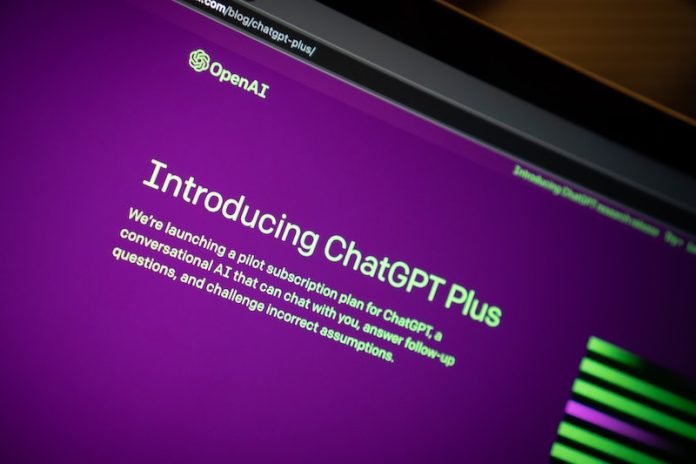
Artificial intelligence (AI) is advancing in various fields, and healthcare is no exception.
A recent study conducted by researchers from the University of California San Diego provides insights into the role AI assistants, like ChatGPT, could play in medicine.
The study compared written responses from physicians and those from ChatGPT to real-world health questions.
A panel of licensed healthcare professionals preferred ChatGPT’s responses 79% of the time and rated ChatGPT’s responses as higher quality and more empathetic.
The findings suggest that AI-augmented care is the future of medicine.
The COVID-19 pandemic has accelerated virtual healthcare adoption.
The ease of access to care via virtual channels like telemedicine and messaging has made healthcare accessible to many, but it has also put a tremendous burden on physicians.
Physicians are burdened by a barrage of electronic patient messages seeking medical advice, leading to record-breaking levels of physician burnout.
Integrating AI models into health systems to improve physician responses to questions sent by patients can ease the ever-increasing burden on physicians.
The team turned to social media, Reddit’s AskDocs, to obtain a large and diverse sample of healthcare questions and physician answers that did not contain identifiable personal information.
AskDocs is a subreddit with approximately 452,000 members who post medical questions and verified healthcare professionals submit answers.
The team randomly sampled 195 exchanges from AskDocs where a verified physician responded to a public question. The team provided the original question to ChatGPT and asked it to author a response.
A panel of three licensed healthcare professionals assessed each question and the corresponding responses and were blinded to whether the response originated from a physician or ChatGPT.
They compared responses based on information quality and empathy, noting which one they preferred.
The panel of healthcare professional evaluators preferred ChatGPT responses to physician responses 79% of the time.
ChatGPT responses were rated significantly higher in quality than physician responses, and the responses were also more empathic.
While the study pitted ChatGPT against physicians, the ultimate solution isn’t throwing your doctor out altogether. Instead, a physician harnessing ChatGPT is the answer for better and more empathetic care.
The findings suggest that AI assistants can efficiently draft high-quality, personalized medical advice for review by clinicians.
The use of AI assistants could impact patient health and physician performance.
These technologies could train doctors in patient-centered communication, eliminate health disparities suffered by minority populations who often seek health care via messaging, build new medical safety systems, and assist doctors by delivering higher quality and more efficient care.
The study’s co-authors highlighted the importance of integrating AI assistants into healthcare messaging in the context of a randomized controlled trial to judge how the use of AI assistants impacts outcomes for both physicians and patients.
The study provides an early glimpse into the role that AI assistants could play in medicine.
ChatGPT and other AI assistants are not yet fully ready for healthcare, but the opportunities for improving healthcare with AI are massive.
If you care about health, please read studies about how Mediterranean diet could protect your brain health, and this plant nutrient could help reduce high blood pressure.
For more information about health, please see recent studies that olive oil may help you live longer, and vitamin D could help lower the risk of autoimmune diseases.
The study was published in JAMA Internal Medicine.
Copyright © 2023 Knowridge Science Report. All rights reserved.



